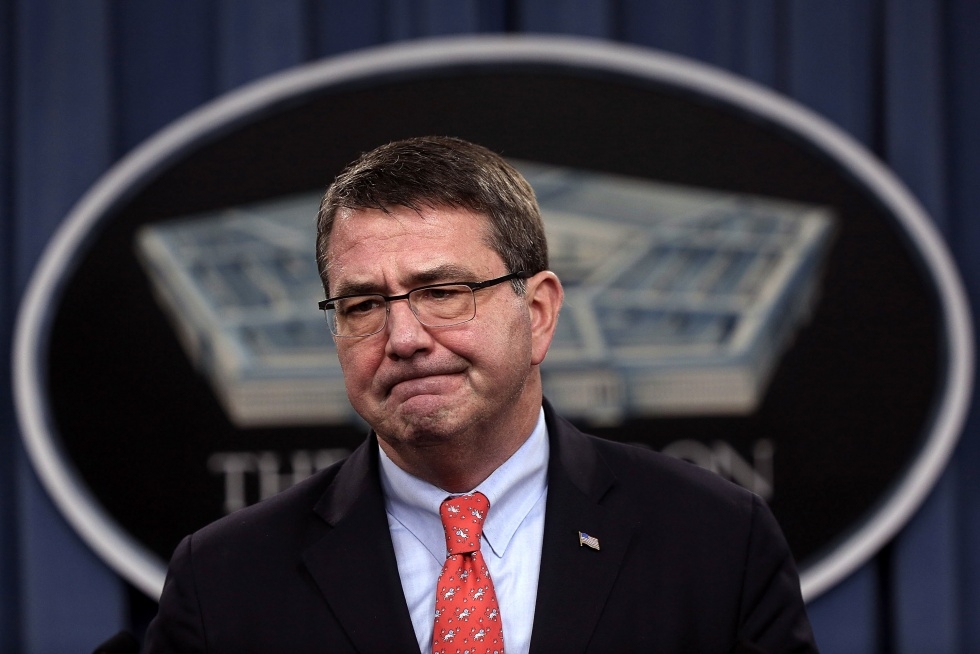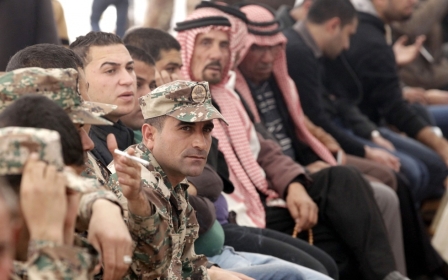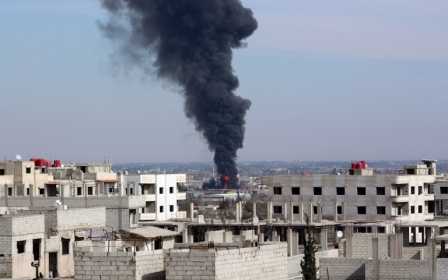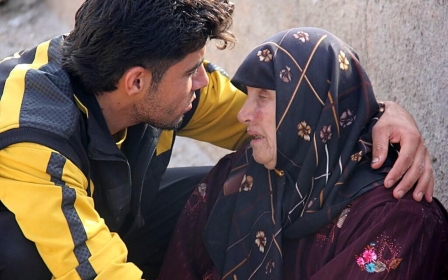US halts 'train and equip' programme for Syrian rebels

Washington was forced on Friday to admit the failure of its plan to create Syrian rebel units to fight the Islamic State (IS) group, vowing instead to arm select local leaders.
White House and Pentagon officials insisted the "pause" in efforts to train Syrian fighters outside the country would allow them to re-focus their efforts elsewhere.
"We've had some significant challenges," said Christine Wormuth, undersecretary of defense for policy.
"So we're going to pause the training we've been doing where we've recruited specific individual fighters."
But, as President Barack Obama's Syria strategy stumbles from one setback to the next, the suspension of the $500mn "train and equip" effort was an embarrassment.
Obama's Republican foes, like Texas Congressman Mac Thornberry, chairman of the House Armed Services Committee, were quick to twist the knife.
"The administration has had a weak, inadequate policy in Syria and a weak, inadequate policy against ISIS," he said as the news broke, referring to IS.
"Adjusting one programme, even if it were successful, will not solve the problem."
"Today, the Obama Administration acknowledged what we have known for some time: the training of Syrian rebels is a failure," declared Senator Deb Fischer.
Pentagon officials told reporters that instead of training rebel units, the US military would dole out weapons to favoured commanders already on the ground.
'A joke'
The White House and Defense Secretary Ash Carter scrambled to portray this as a way to re-focus the strategy to increase pressure on IS.
"The model before was we were training infantry-type units," a senior US defence official told AFP.
"We are now changing to a model that will produce more military combat capability."
The official declined to say how many leaders would be armed and trained, but noted the new effort would get under way "within days".
Another senior defence official told the New York Times that that the new programme “will be much more minimal” than the "train and equip" programme.
The new effort could run into some of the same issues of conflicting loyalties that made "train and equip" a failure.
Two small groups of US-trained fighters have crossed into Syria from training centres in Turkey or Jordan this year, but they did not last long.
The first broke up after coming under attack from al-Nusra Front, an al-Qaeda affiliate.
The other surrendered much of its equipment, perhaps a quarter of its trucks and guns, to al-Nusra.
Last month CENTCOM commander General Lloyd Austin admitted that after the debacle only "four or five" Pentagon-trained rebels remain active in Syria.
This attracted derision from US lawmakers, who said the programme should be scrapped altogether. Republican Senator Kelly Ayotte said the number was a "joke".
But the Pentagon insisted the "train and equip" programme was only one plank of the overall effort, and noted that it has long been arming groups already inside Syria.
Combat power
Carter cited the success of US-backed Kurdish militias in breaking IS's siege of the border town of Kobane as a model for future operations.
"We have devised a number of different approaches," he said at a news conference in London.
"I believe the changes we are instituting today will, over time, increase the combat power of counter-ISIL forces in Syria," he insisted, using another acronym for IS.
Brett McGurk, one of Obama's special envoys coordinating the coalition to fight the group, said using existing rebel factions would be more efficient.
"Is it best to take those guys out and put them through training programmes for many weeks? Or to keep them on the line fighting, and to give them additional enablers and support?" he asked, rhetorically.
“We need to be flexible. We need to be adaptive,” he said.
In fact, the Pentagon had found it very hard to find recruits who would agree to focus their efforts on the IS group rather than Syrian President Bashar al-Assad.
The United States has demanded Assad step down in order to allow a political settlement to the civil war and the creation of a transitional government.
But Assad has powerful support from Iran and Russia, and President Vladimir Putin has dispatched troops and jets to provide direct military support to his ally.
Obama's critics unfavorably compare his resolve in Syria - where a US-led coalition is bombing IS and putting political pressure on Assad - to Putin's.
But, in an interview with CBS News' 60 Minutes, the US president insisted his leadership in the region was not being challenged.
"If you think that running your economy into the ground and having to send troops in, in order to prop up your only ally, is leadership, then we've got a different definition of leadership," he said of Putin's gambit.
New MEE newsletter: Jerusalem Dispatch
Sign up to get the latest insights and analysis on Israel-Palestine, alongside Turkey Unpacked and other MEE newsletters
Middle East Eye delivers independent and unrivalled coverage and analysis of the Middle East, North Africa and beyond. To learn more about republishing this content and the associated fees, please fill out this form. More about MEE can be found here.




